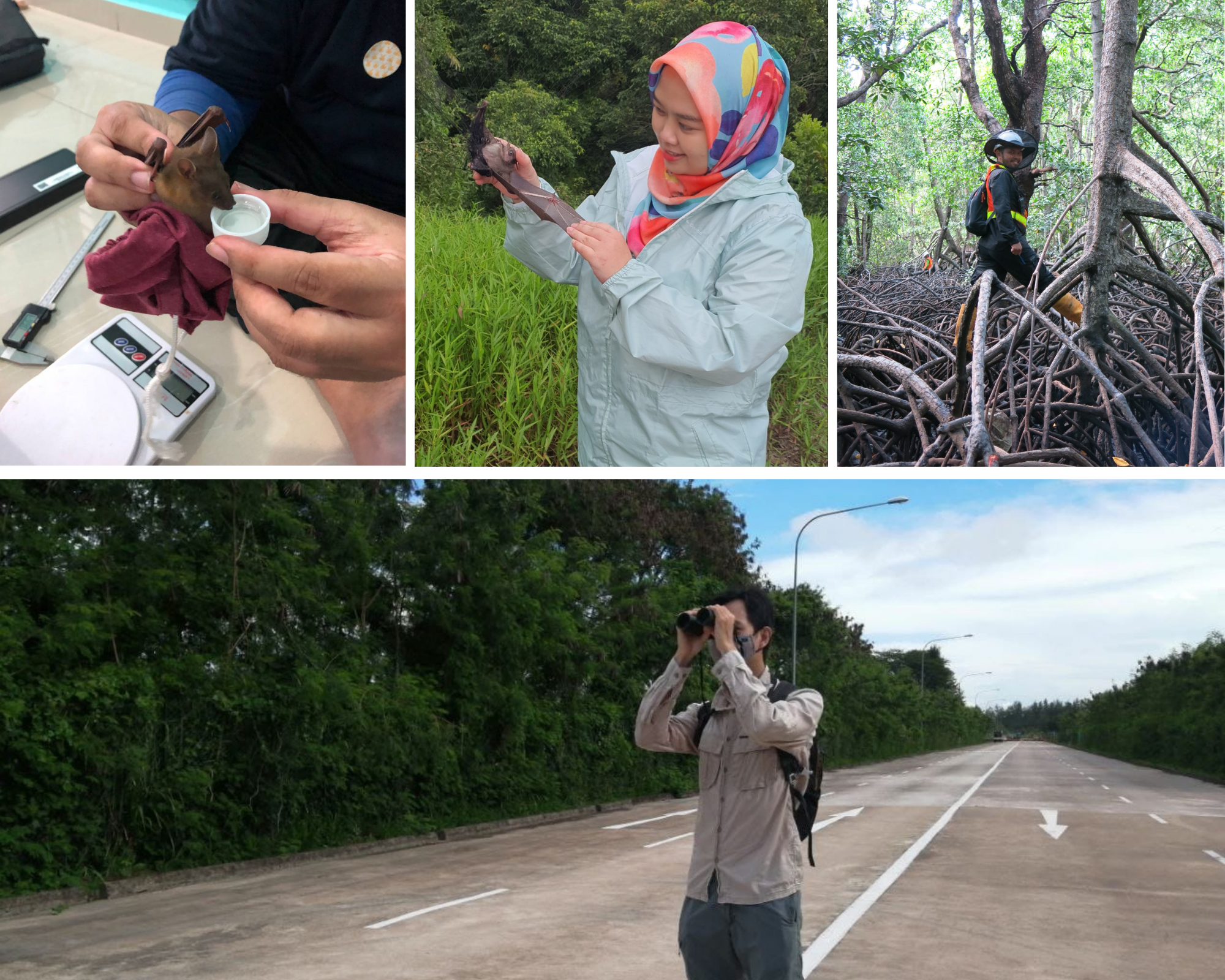On March 3rd, ESC will join a worldwide celebration of Planet Earth’s fauna and flora in the ninth annual UN World Wildlife Day. This year, in alignment with goal 15 of the 2030 Goals for Sustainable Development, “to protect, restore and promote sustainable use of terrestrial ecosystems… and halt biodiversity loss”, the theme will be “recovering key species for ecosystem restoration”. The day is seen as an opportunity to draw worldwide attention to the plight of some of the world’s most critically endangered species and the habitats that support them, and to put imaginative solutions to global conservation challenges in the spotlight.
Nowhere else on earth is the ecological challenge felt more urgently than in Asia. While rapid economic progress over the last 30 years has raised living standards and lifted millions out of poverty, it has come at a high cost for the continent’s ecosystems. Unrestricted development has led to a loss of biodiversity due to the loss of natural forests and wetland areas; deterioration of marine and coastal ecosystems; and devastating loss of native species populations. Now more than ever, it is crucial that governments and private corporations across Asia embed conservation strategies into their project planning and management.
Purpose fit biodiversity conservation solutions
Since being founded in 2003, ESC has been a major innovator in the collective effort to conserve biodiversity in Asia. As environmental consultant to public and private organisations across the continent, the company’s purpose fit solutions to conservation challenges have facilitated the development of sustainable energy infrastructure, without calamitous consequences for local environments.
ESC’s environmental consultants have in-depth familiarity with global environmental regulations such as the IFC Performance Standards and a strong working relationship with both national and international regulatory bodies. Such expertise enables its clients to secure the financing they need to fund their projects and get the go-ahead to begin development.
In helping its clients fulfil their environmental responsibilities, ESC has developed a wide range of services which include (though are not limited to):
- Rapid Ecological Assessment to report on the range and state of biodiversity present in an area proposed for development. The report provides a baseline by which any environmental impacts of a project may be monitored.
- Biodiversity Management Plan to identify, protect and manage flora and fauna habitats native to a project site. The plan gives a range of practical measures designed to guide developers throughout all stages of the project in reducing their environmental impact.
- Offset Management Strategy to help offset any negative ecological impacts of a project and limit the impacts within a project’s area of influence (AoI). A designated “offset area” is identified and a set of responsibilities for its upkeep is highlighted to ensure no net loss of biodiversity and net gains of critical habitats wherever possible.
- Ecosystem Services Assessment to assess all the ecosystem services (i.e. human benefits) provided by the ecosystems of a project site (e.g. health, economic, recreational), and propose measures to limit the project’s impacts and dependence on those ecosystems.

ESC biodiversity specialists conduct on-site bird and mangrove surveys to identify ecologically sensitive areas and species of conservation concern. Using this information, optimal designs and mitigation measures can be identified to protect important biodiversity.
Local Knowledge; Global Expertise
As nations, NGOs, private companies, and concerned individuals from around the world convene online on March 3rd for World Wildlife Day, the guiding philosophy will be that of thinking globally and acting locally. With its global expertise in environmental regulatory standards; the range of environmental consultancy services it offers; and its detailed local knowledge of some of Asia’s most treasured natural habitats, ESC will continue to be part of the solution for ecosystem conservation and restoration in Asia for years to come.
See here to find out more about how ESC can help your organisation fulfil its responsibilities for conservation and protecting biodiversity.

